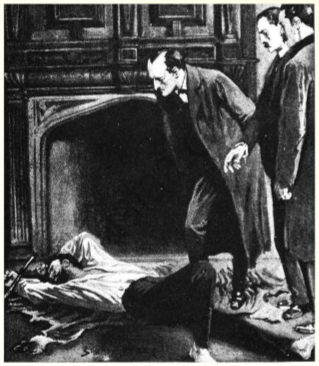Advertisements
Advertisements
Question
List common dilemmas that teenagers face involving the choice of one or more “roads”. Give examples of “roads” that you must travel (e.g. facing peer pressure, choosing friends, observing rules laid down by school and parents, acting on your own values).
Solution
The teenagers do face common dilemmas involving the choice of one or more “roads”. The common dilemmas that most of the teenagers face in life are:
(a) facing peer pressure
(b) choosing the right kind of friends
(c) observing rules laid down by school and parents
(d) following the instructions of the parents
(e) choosing the right profession
(f) following the right moral and social values
(g) choosing appropriate clothes and shoes In all these common dilemmas, I want to opt for ‘safer’ and ‘less risky’ options.
APPEARS IN
RELATED QUESTIONS
Have you ever been on a trip to any place in India, where you didn’t know the language spoken locally? How did you feel? How did you manage to communicate?
Answer the following question briefly
Could the grandmother succeed in accomplishing her desire to read? How?
Answer the following question briefly.
Who was Jeanette? What was the cause of her death?
Rearrange the following to form meaningful sentences. The first one has been done as an example. Write the answers against the correct numbers.
Put into / as the / at low / baby can / he is / as soon / water / toddle / tide
As soon as the baby can toddle he is put into water at low tide.
(a) water / the baby / in the/ there / plays/ sits and
(b) long enough / the mother / him/ does not / to worry / there / leave him
(c) older / at low tide / as / wade about / allowed to / he is / he grows
(d) look out / water / keep a / into deep / sharp / does not stray / so that he/ his elders
(e) permitted to / from which / judgment / he may / make small mistakes / he is / learn to make better
(f) are given / to swim / small canoes / the children / they / own / are able/ of their / when
WRITING A MYSTERY STORY
Mysteries can be divided into several categories. There are puzzling stories, detective I crime stories, and suspense stories. They all give the reader a chance to become involved in the solution of the story through clues and character descriptions.
Characters
Before you start to write, think about the characters you might put in your story.
• What will each character do?
• Why is he or she important to the story?
• In what ways are your characters alike?
• How are they different?
• What can your characters learn from each other?
• One last thing to remember: your characters don't always have to be human. If an animal plays a part in the story, that animal is a character, too
Setting
A story has to happen in a place.
• The setting might be a place you are familiar with.
• It might even be another planet!
• A setting doesn't even have to be a real place.
Details
• Use your Imagination.
• Details help readers understand how something looks, how it feels, how it sounds - even how something smells or tastes!
Plot
• Your characters have to DO something!
• What they do is the Plot of your story.
• To make the plot exciting add Situations.
Ending
• The Ending of a story is the solution to the conflict.
• Solve the problem, dilemma or conflict faced by the main character.
• Show that your main character has changed or grown in some way.
• Tie up all the loose ends. Readers shouldn't have to choose between several hinted endings.
Classification
Look at the table below, showing the different meanings of connectors. Put words from the box into the correct categories. Some have been done for you as examples.

Look at the picture below and list some phrases and words that come to your mind when you look at it.

Can you make some guesses about the dead man? Give reasons for your answers.
a) Did the man die a natural death or was he murdered?
b) Was the dead man rich or poor?
c) Who is the man bending over him?
In Question 3, you read an eye-witness account of a robbery. On the basis of your reading of the Birlstone tragedy, in about 125 words, write Dr Wood's account of the discovery of John Douglas's body.
Future passive
Promises Galore!
Your class will be divided into two groups. One member of each group is contesting an election representing his/her party. The two parties are United Students’ Front and United Youth Power. The group writes the election manifesto stating changes that will be brought about in schools and colleges if their candidate is selected.
Begin like this:
If I am elected, the following changes will be implemented with immediate effect.
__________________________________________
The candidates will read out their manifesto to the whole class.
